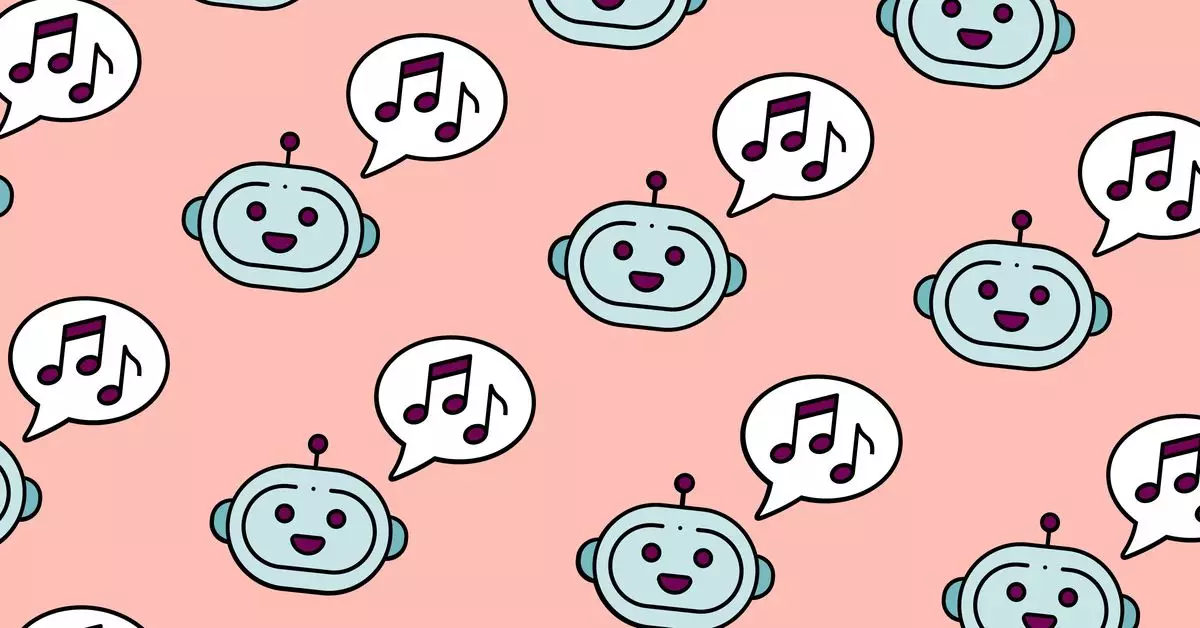The recent accusations against AI music startups Suno and Udio by major record labels raise concerns about copyright infringement and competition within the music industry. The Recording Industry Association of America (RIAA) has filed lawsuits claiming that these companies have engaged in unlicensed copying of sound recordings on a massive scale. The lawsuits seek damages of up to $150,000 for each work infringed.
Suno and Udio have defended themselves by citing the fair-use doctrine, stating that training their AI models on copyrighted materials is legal. They argue that using existing sound recordings to analyze and identify patterns in different musical styles is a legitimate way to encourage new artistic expression. Both companies maintain that their AI music generation tools allow users to create original content based on written descriptions, rather than simply copying famous artists’ work.
In response to the lawsuits, Suno and Udio have criticized the major record labels for misconceptions about their AI music tools. They claim that using online music as training data is no different from how other AI providers like OpenAI, Google, and Apple source their data from the internet. Suno likened the process to a child learning to write new songs by listening to music, emphasizing that learning from existing materials is not the same as copyright infringement.
Other AI companies have also faced copyright infringement lawsuits and attempted to use the fair-use doctrine as a defense. Microsoft AI boss Mustafa Suleyman made controversial claims about content on the open web being “freeware” available for anyone to copy and use. The RIAA has criticized Suno and Udio for not obtaining appropriate consent to use copyrighted works, contrasting them with services like YouTube that have mechanisms in place to address copyright issues.
The ongoing legal battles between AI startups and major record labels highlight the challenges of innovation in the music industry. While copyright protection is essential for artists to benefit from their work, the interpretation of fair use and the balance between creativity and intellectual property rights remain contentious issues. The outcome of these lawsuits will likely have a significant impact on the future of AI-generated music and the boundaries of copyright law in the digital age.
The allegations of copyright infringement against Suno and Udio underscore the complex relationship between AI technology, creativity, and legal ownership in the music industry. As these startups continue to defend their practices under the fair-use doctrine, the broader implications for innovation and competition within the sector remain uncertain. It is essential for stakeholders to engage in constructive dialogue and find a balance that protects artists’ rights while fostering technological advancements in music creation.


Leave a Reply
You must be logged in to post a comment.